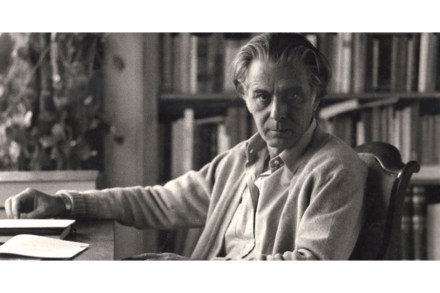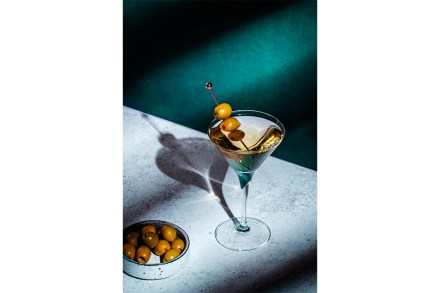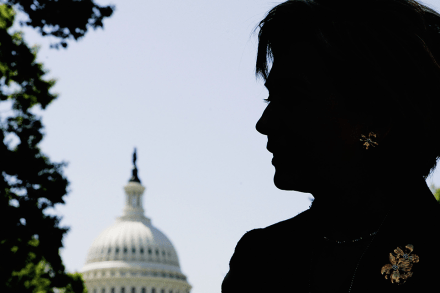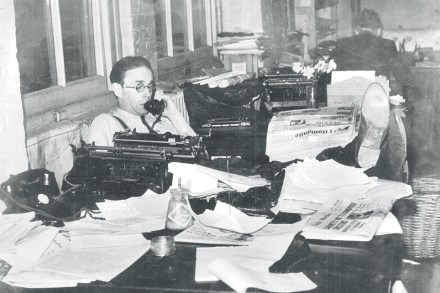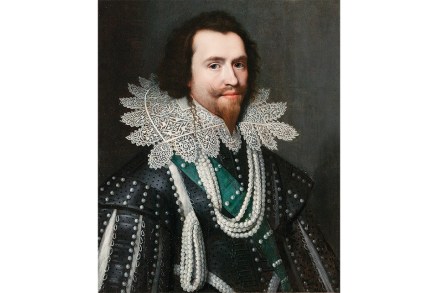Doppelgangers galore: The Novices of Lerna, by Angel Bonomini, reviewed
More from BooksResurrection has become its own literary genre. Though hardly a new phenomenon (Moby-Dick, for example, was out of print at the time of Herman Melville’s death), the success of such ‘forgotten’ classics as Suite Française, Stoner and Alone in Berlin proved that an author’s death and/or obscurity were no barrier for readers. So publishers from
